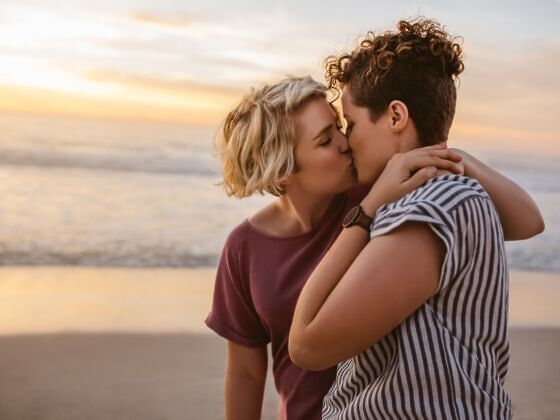Editors note: Meg Cale shares with Matador Network some of her travel experiences and questions she has asked herself before planning a trip.
1. Do you feel comfortable closeting yourself when it’s necessary?
I had moral questions for myself when I made the choice to leave the United States. I often thought: How could I live a lie and justify it to myself after so many years of discussing the importance of openness?
